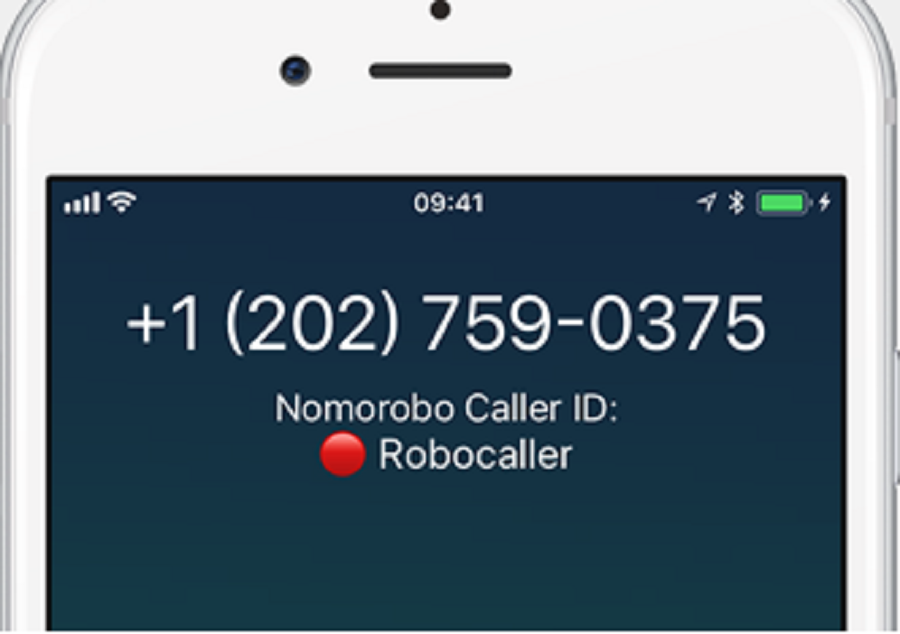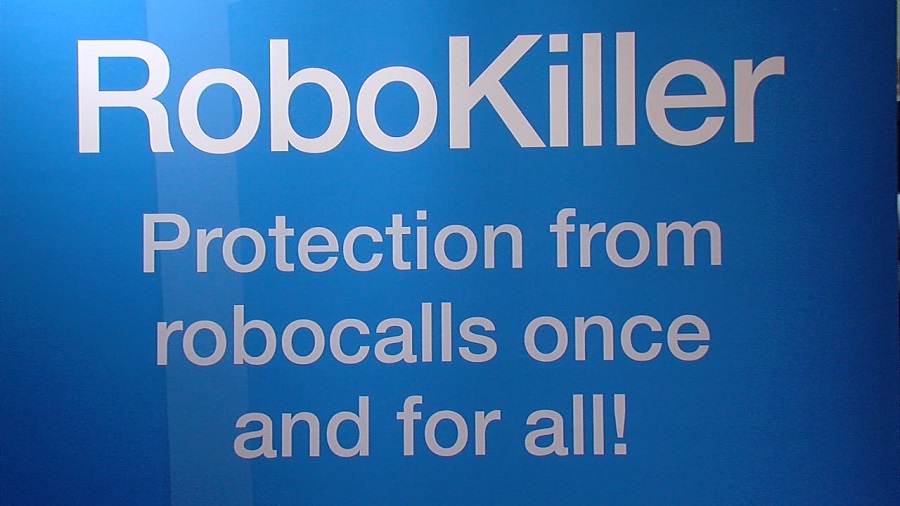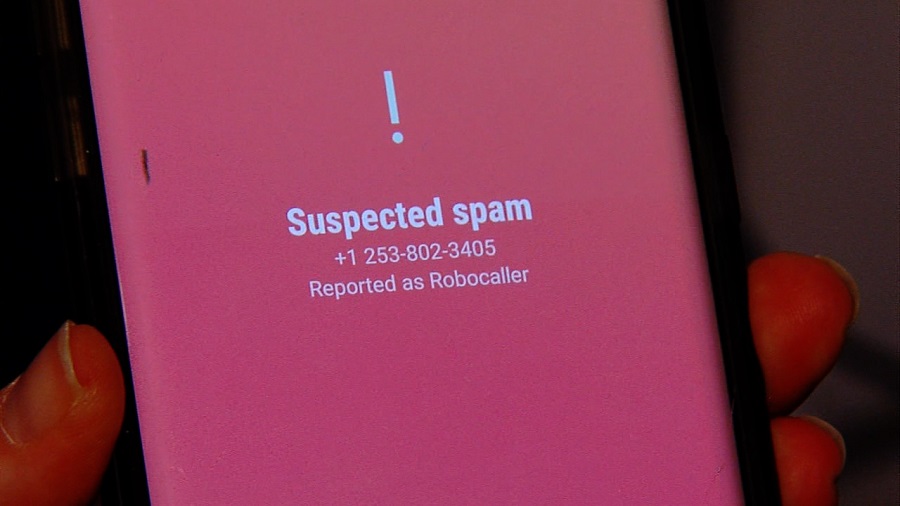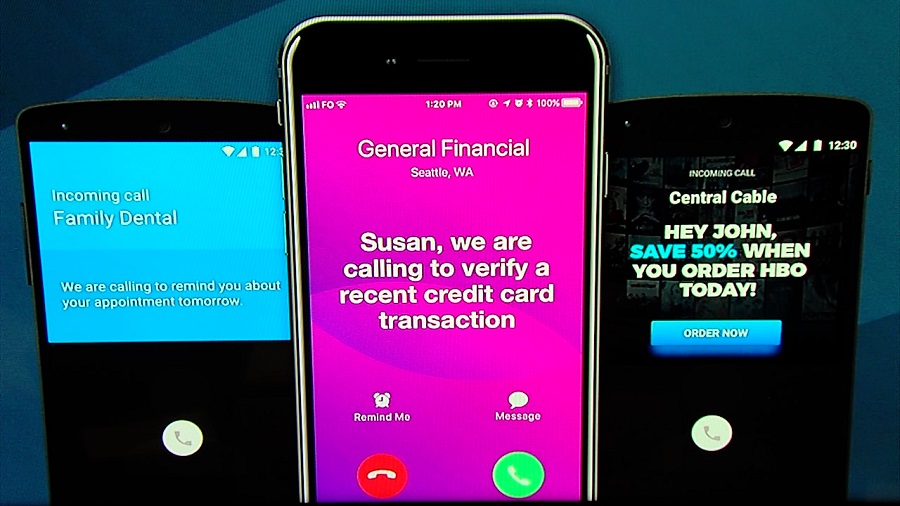A record-breaking 4.1 billion robocalls were made in May that's up from 3.4 billion in April, according to the YouMail Robocall Index. In the last two months, the Federal Communications Commission has held a "Stop Robocalls" policy forum, consumer expo, and issued a massive fine for a major telemarketing operation but the incessant calls are increasing. The FCC is now working on a multi-pronged approach.
The Federal Trade Commission is helping to ramp up enforcement, the FCC is encouraging app developers to come up with new technologies, and they recently changed the rules to allow phone carriers to block invalid and unassigned numbers from dialing consumers.

The Do Not Call List does not stop illegal robocalls like it does legitimate telemarketers. The list isn't even a road block for scammers.
"They're expanding their operations. It's very cheap for them to place a lot of these illegal robocalls and it's very cheap for them to get the software needed to spoof the numbers. And so, spoofing has become the gasoline on the fire we like to say because it makes that problem so much worse," said Patrick Webre, chief of the consumer and governmental affairs bureau for the FCC.
"Neighbor spoofing" makes it appear that someone local is calling. It's the same area code or six digits as your neighbor or your kid's school. The familiar number sequence is like a carrot to try and get you to answer.
"It's pennies for them to place thousands of calls and as long as they can make a couple of scams work, it's going to be to their benefit to try," said Webre.
But soon it could cost a lot more than pennies.
In May, the FCC fined a Florida man $120 million for a telemarketing operation that made almost 100 million spoofed robocalls over three months.
"If we can make it very costly for them to initiate these calls to scam people, we'll see the numbers come down," Webre said.
While government officials work to institute fines and maybe even jail time in the future, they're encouraging consumers to look to the private sector for some relief.
The FCC invited app developers and phone carriers to showcase their services at a consumer expo in April. Below are some of their products and associated costs.

Nomorobo
- 2013 FTC Robocall Challenge Winner
- Free for landlines
- $1.99/month for smartphones
- Free 14-day trial
- Doesn't collect personal information like contact lists and call logs
- Stops robocalls before they get to you

RoboKiller
- Helps you get revenge on spammers with answer bots that waste their time
- $2.99/month or $24.99/year subscription prices
- Free 7-day trial
- Automatically blocks robocalls and telemarketers

Hiya
- App and basic service is free
- Premium service is $2.99/month
- Free 7-day premium trial
- Caller profile identifies who is calling and whether it's a scam
- Technology used for AT&T Call Protect App
- App may collect call and text logs, contacts, and phone number

First Orion / PrivacyStar App
- Tells consumers who is calling and why
- Enables users to report abusive callers directly to federal agencies
- Automatically protects T-Mobile customers
- $0.99/month
The FCC does not endorse any specific app. They're urging anyone who receives an illegal call to report it to the agency. Complaints help them build a database of the biggest offenders. Click here to file a complaint and learn more about ways to prevent robocalls.


